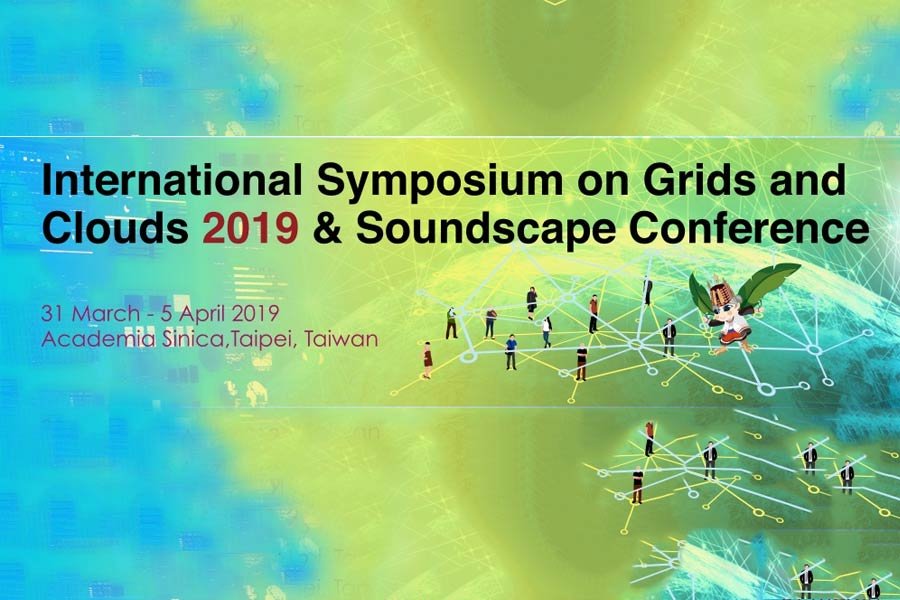
Mar 31, 2019 to Apr 05, 2019
|
Conferences & Events

The International Symposium on Grids and Clouds (ISGC) 2019 & Soundscape Conference will be held at Academia Sinica in Taipei, Taiwan from 31 March to 5 April 2019 and includes co-located events and workshops. The main theme of ISGC 2019 is “Efficient and safe processing of FAIR open data”
To achieve the full potential of Open Data and Open Science, scientists should be able to focus on their area of interest and be shielded from the internal complexity of e-infrastructures and the needs to manually deal with the different data formats, input and output constraints of used tools, the authentication and access control and any other technical or technological obstacles that are still part of the current data processing and analysis environments. This is emphasized by the FAIR concept -- data must be Findable, Accessible, Interoperable and Re-usable. New approaches are emerging, hiding the complexity of the underlying computing and data fabrics, exposing just integrated views through scientific portals and gateways, notebooks and other virtual computing environments that promise to enhance the efficiency of work with advanced and complex contemporary e-infrastructures. On the other hand, possible privacy issues related to the Data collected and new, easy-to-deploy analysis methods like those applying deep neural networks, remind us of the need for proper security tools and environments and create new challenges for dealing with private and sensitive data and derived information.
Patrick Fuhrmann (DESY), project partner of ESCAPE, did a presentation entitled "ESCAPE: a multi-science data infrastructure for the 2020s", focused on how ESCAPE is adressing the FAIR challenge.
The ESCAPE project aims at delivering a shared solution to computing challenges in the context of the European Open Science Cloud. One key aspect of ESCAPE is prototyping and implementing a shared system for FAIR data management and building such data infrastructure for open science. The infrastructure will be based on the idea of the WLCG Data Lake proposal presented as evolution of the facilities and middleware in preparation for HL-LHC. It will generalize however the components to cover the use cases of other data intensive sciences on the same physical facilities. How the different ESCAPE work packages are evaluating and prototyping various components of the Data Lake architecture (e.g content delivering and caching service, storage and storage orchestration, data transfer services and access to compute resources)? These were some topics presented.